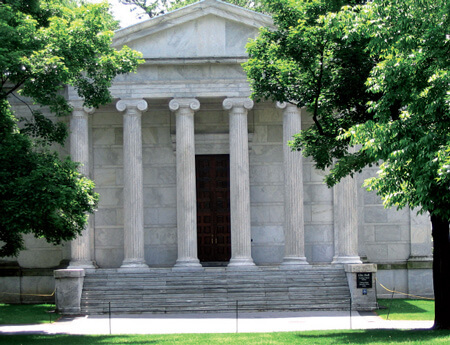Bad losers
The May Day bank holiday wasn’t always a feature of British life. It was bequeathed to a sulky nation in 1978 by the Labour administration of Jim Callaghan. If the aim was to soften up the public for the looming general election, the bribe proved insufficient: Callaghan was swept aside by Margaret Thatcher in 1979.
Whether we really need all these spring bank holidays butted up together has been in debate ever since. There are pundits who argue that, in these economically fragile times, the May Day Monday should be scrapped. That might make sound sense for a nation battling a significant financial deficit, but it would spell political disaster for whoever dared to table it. People may not have been dancing in the streets when the holiday was announced, but they would be rioting if it were now to be abolished.
‘Thou shalt not take back’ is a consumer commandment. Break it at your peril. People are strongly motivated not to lose what they already have, even if its acquisition was of no great moment and even when there is the prospect of a greater good to replace it. It is an example of the cognitive bias of loss aversion, first identified by the psychologists Amos Tversky and Daniel Kahneman (see panel) and one of the pillars of the fashionable discipline of behavioural economics.
Loss aversion has been demonstrated in numerous experimental settings, the most basic being the ‘X-bet’. Researchers invite respondents to take part in a coin-flip wager: heads, they win X; tails, they lose £100. What, on average, do people say should be the value of X in order for them to agree to take the bet? It is usually about £200, implying that they value the potential loss at twice the attraction of the potential gain.
The lesson for marketers is that if you ever have to take away a perk from customers, even a small one, be careful how you do it. We are all adept at framing new offers for customers in the most attractive way possible, but we need to be even more persuasive when we are letting them know that necessity dictates a withdrawal.
An object lesson in how not to go about it is provided by insurer PruHealth, with its ill-starred gym membership offer. ‘Why pay for the gym?’ announced the ads, in what seemed a sensible promotional tie-up. Under the scheme, policyholders earned ‘vitality points’ for every accredited gym visit, which brought their membership costs down. If they went often enough, the points would wipe out their gym fees altogether. Nearly 200,000 people signed up for PruHealth insurance.
Then the scheme was abruptly scrapped. Never mind that you had already paid your health insurance premium for the year: a curt letter informed you that the free-gym deal was off. Policyholders were furious and, with many still protesting bitterly online, you get the sense that genuine brand damage has been done.
The point is this: as budgets pinch and commodity prices peak, it will get harder for brands to keep all their customer privileges – airline lounges, free deliveries, superior packaging – intact. You may have to break the commandment and take something back. If so, give people lots of warning, give them reasons they can relate to, and repent, repent, repent.
Human nature dictates that your customers will mourn their loss. Handle it sensitively, or they will pass that grief on to you.
Widely regarded as the founding fathers of behavioural economics, Kahneman and Tversky’s output during the 70s is regularly cited by both academics and practitioners.
Born in Tel Aviv in 1934, Daniel Kahneman is emeritus professor of psychology and public affairs at Princeton University.
Amos Tversky (1937-1996) was also born in Israel. After service with the Israeli army, he received a PhD from the University of Michigan in 1964.
Kahneman and Tversky published their first joint paper, Belief in the Law of Small Numbers, in 1971. They went on to develop the cognitive-bias ideas of anchoring and prospect theory.

Princeton Kahneman’s base since 1993
In 2002, Kahneman was awarded the Nobel prize in economics for his work on prospect theory; it is widely thought Tversky would have also received the prize, had he been alive.
Both married fellow academics; Kahneman has worked and published with his Yorkshire-born psychologist wife, Anne Treisman.
In recent years, their work has found popular appeal through the writing of Dan Ariely in Predictably Irrational and in the Cameron government favourite, Nudge, by Richard Thaler and Cass Sunstein. It also has a strong ad-industry advocate in former IPA president, Rory Sutherland.
